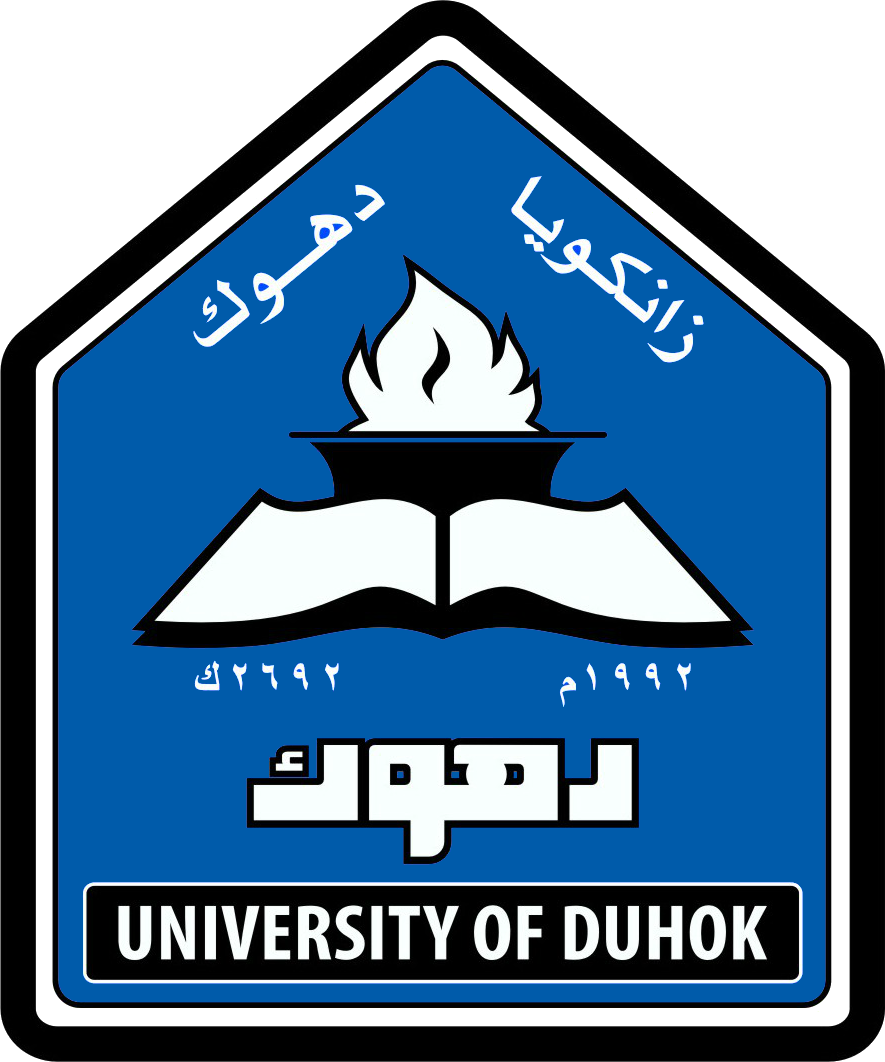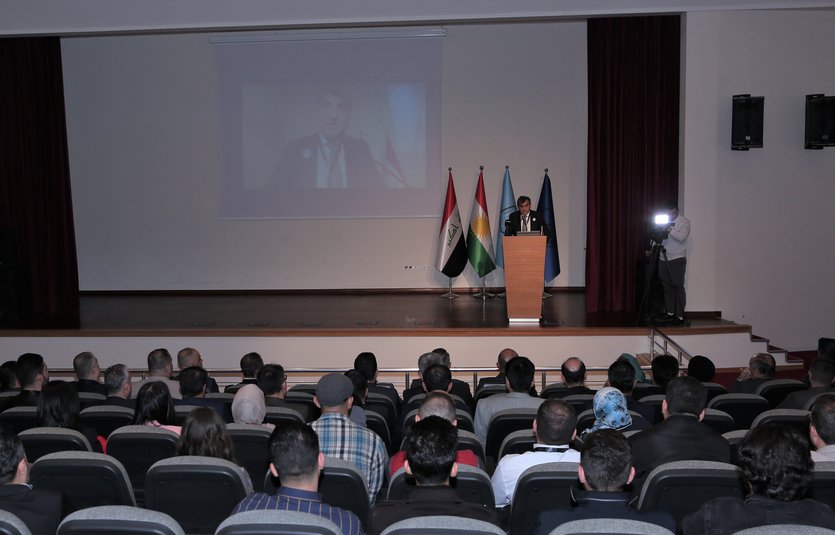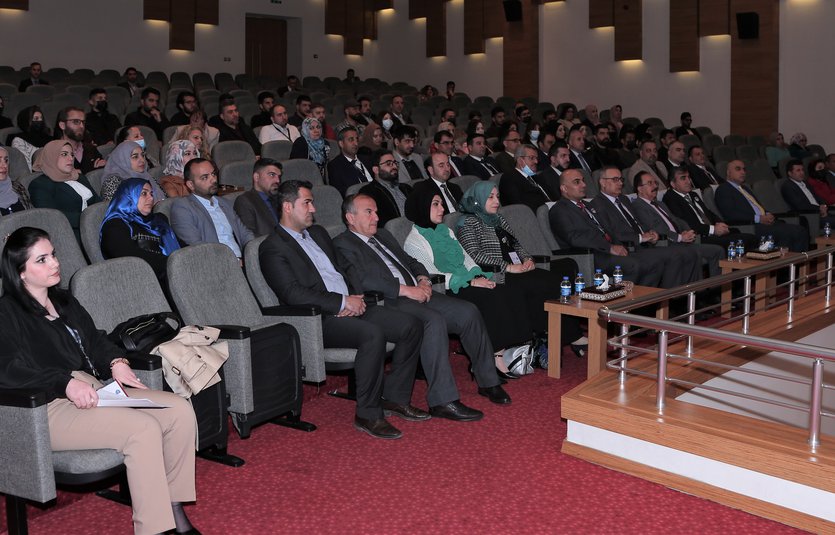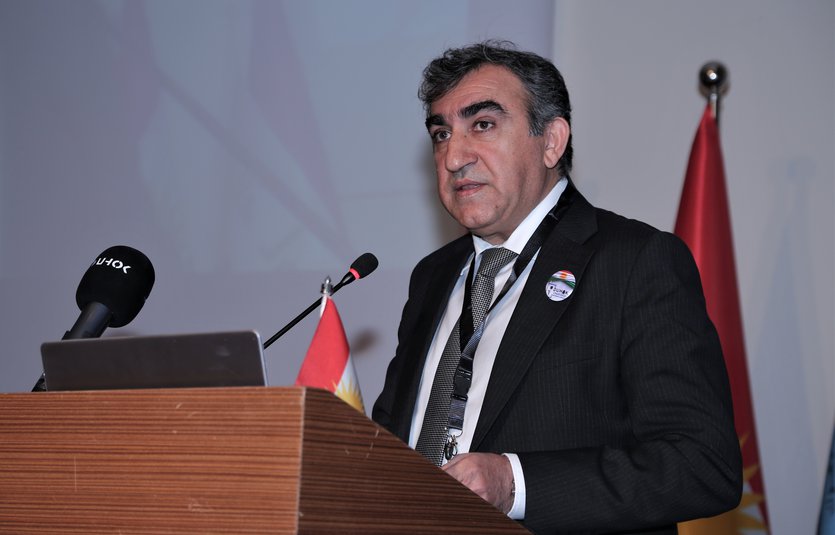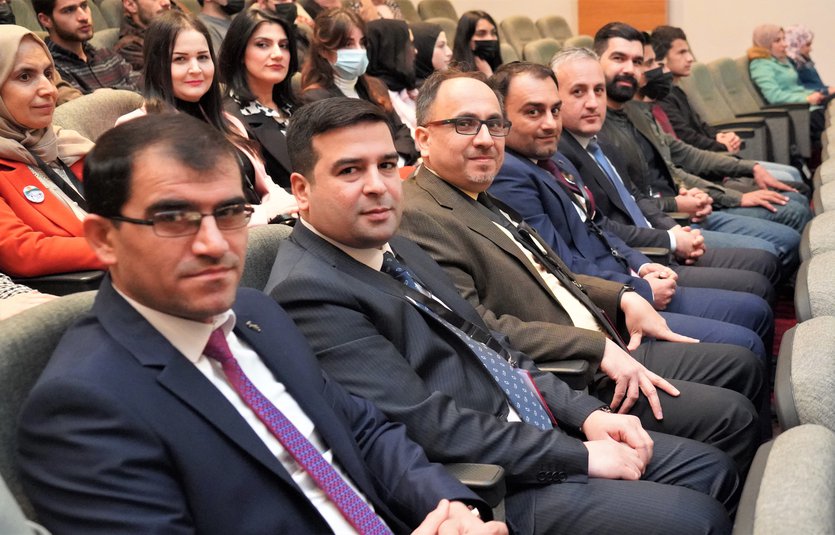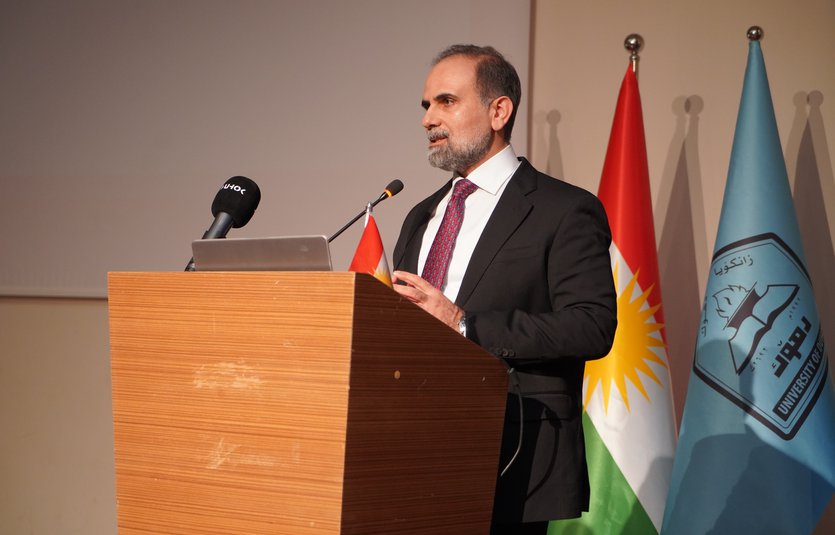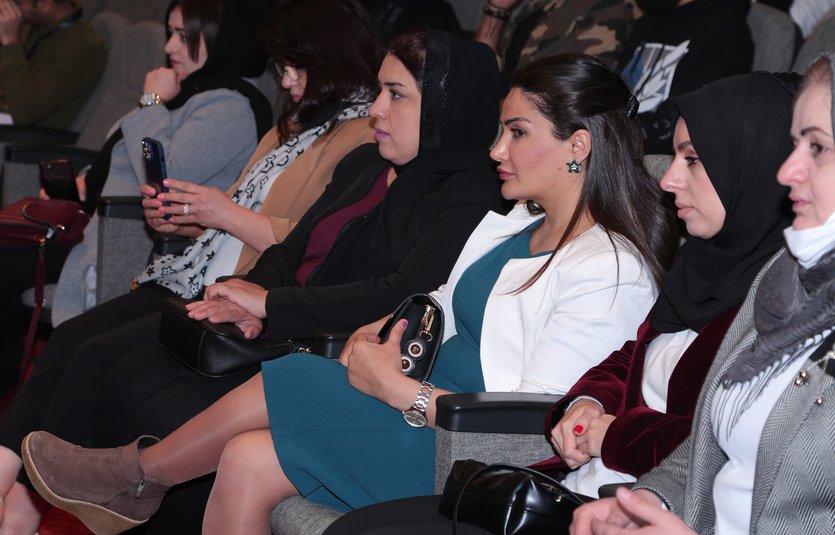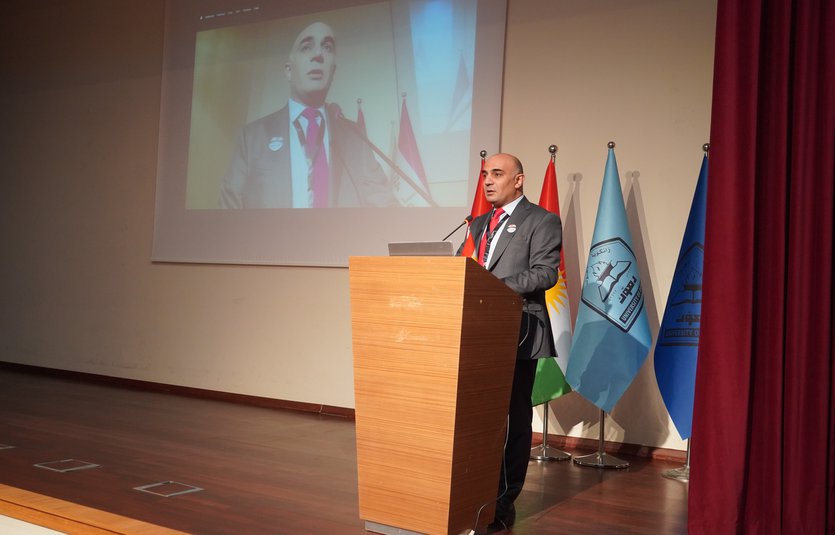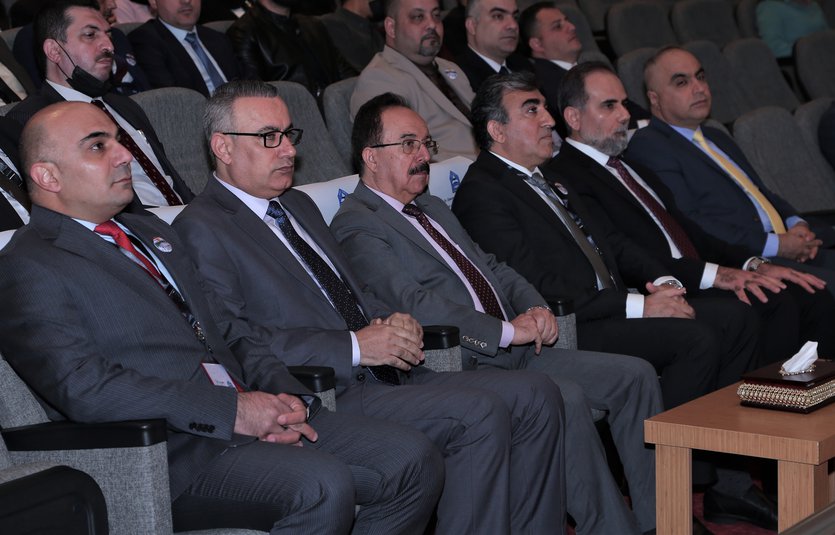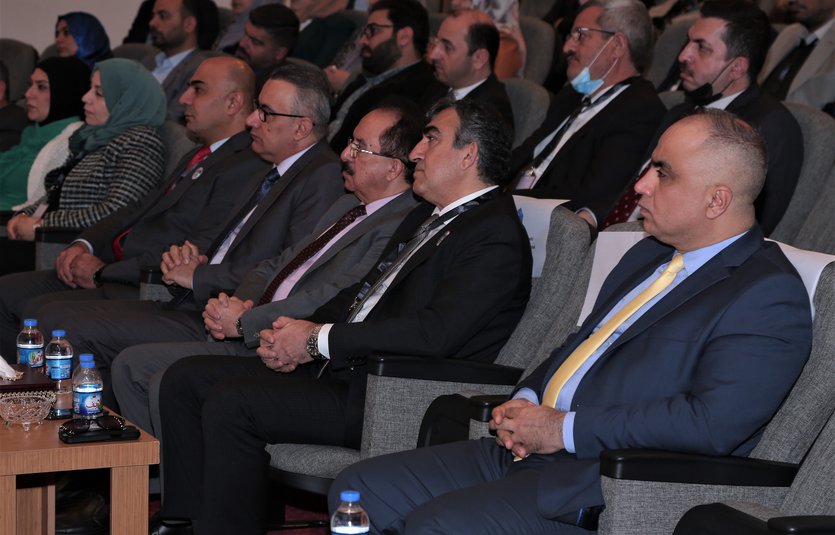The history of medicine is both a study of medicine throughout history and a multidisciplinary area of study that tries to research and comprehend medical practices throughout human communities, both past and contemporary. So, when did medical practice begin? And who were the first physicians? While there are no simple answers to these concerns, there is evidence from prehistoric civilizations that 'treatments' for common illnesses were sought, but superstition and religious beliefs were frequently mixed in.
Yet, the title "doctor" did not appear in Britain until the 14th century, and it was mainly used to refer to theologians and individuals who could "teach." Working in the 15th century, Leonardo da Vinci made significant contributions to our understanding of human anatomy through meticulous sketches generated following rigorous dissection of human bodies. The well-known physician William Harvey made an important discovery in the 17th century: the heart pumps blood around the body. Yet, the concept of the four humours in the body - blood, phlegm, yellow bile, and black bile - persisted, with much sickness attributed to an imbalance in these. What makes these all interesting is looking into the history of medicine from an Iraqi / Kurdish evolutionary perspective.
On March 16th, 2023, such an intriguing and enlightening issue was the focus of a well-attended symposium for the 2nd year at the University of Duhok (UOD). The University of Duhok's College of Medicine organized this 2nd annual event in partnership with the International Federation of Medical Students' Associations, IFMSA-Kurdistan. The deans of the Colleges of Medicine at the Universities of Duhok and Zakho, as well as a number of doctors, academic staff, and students from the College of Medicine, attended this symposium.
Considering today marks the anniversary of the former Iraqi regime's chemical attack on Halabja, a short film honouring the Halabja martyrs was presented at the commencement of this service. In his introductory remarks, Dr. Dildar Haji, Dean of the College of Medicine at the University of Duhok, enthusiastically greeted the attendees. He stated that due to the popularity of the first symposium last year, the College of Medicine felt that another symposium is required this year. He also expressed his desire that it will become a yearly series of events, given its significance in moulding today's medical professionals.
Dr. Bayar Ahmed presented "The Discovery of Insulin: A Story Never Heard Before," Dr. Ameel Toma presented "The Evolution of Cardiology," and Dr. Meelad Alias presented "Historical Development of Hormones in Infertility." This symposium had five lecturers who discussed the history of five different medical conditions. Dr. Shakir Balindi's talk covered the history of kidney transplantation. He emphasized the multiple kidney transplant surgeries that originally failed, but the first really successful kidney transplant of this type occurred in Boston on December 23, 1954, owing to the efforts of Joseph Murray, J. Hartwell Harrison, John P. Merrill, and others. He went on to say that Duhok's Kidney Dialysis Center began in 2000. According to the speaker, the first successful kidney transplant treatment in Duhok occurred in 2004, while the first successful kidney transplant procedure in Iraq occurred in 1973.
Dr. Ramadhan Othman also covered an important topic on (History of Oncology). In response to the inquiry, "Did cancer exist before?" he established that breast cancer, which at the time had no treatment, dated back to 3000 BC. He went on to say that Mustargen, the first chemotherapy produced and approved by the World Health Organization, was used in the chemical assault on Halabja. Nonetheless, there are currently over 100 distinct chemotherapy medicines available.
An exhibition of posters developed by College of Medicine students emphasized the most important themes in medical history at the event's end. Some of the topics covered included the first heart transplant in history, the history of orthopedics, the history of medicine and the mind (skull trephination), the history of blood transfusions, the history of cataract surgery, the history of dialysis, the history of IVFl (In vitro fertilization), the history of anaesthesia and anaesthesia, the history of fighting HIV and AIDS, auscultation over the years, nursing, and the history of laparoscopy.
Since August 2010, the International Federation of Medical Students' Associations IFMSA-Kurdistan has been a national member of the International Federation of Medical Students' Associations (IFMSA), representing medical students in Erbil, Duhok, Sulaymaniyah, and Koya. It is a Kurdistan Region nongovernmental organization. The IFMSA was established in 1951. It presently has 108 national member groups spread over 100 different nations. It has inspired generations of medical students to develop the leadership abilities required to tackle challenges and improve the world. Participating in IFMSA helps future doctors gain cultural sensitivity and understanding. It improves medical students and their careers in general.
THE UNIVERSITY OF DUHOK
The University of Duhok (UOD) is a public university in the city of Duhok city, which is about 150 km northwest of Erbil (Arbil, Hewlér), the capital of Iraq's Kurdistan Region (KRI). The city is situated in a beautiful valley surrounded by high mountains. The university campus is a large green area in the city's west side that provides an exciting view of the city and surrounding nature. UOD was founded in October 1992 with only two colleges to meet the region's growing demand for graduate professionals. Today, the UOD has a 19-college with 67 departments, nearly, 24000 students, and over 4000 academic and administrative staff. Students thrive in one of the best regional academic communities, studying in programs such as Agriculture, Medicine, Veterinary Medicine, Architecture, Engineering, Humanities, Linguistics, Basic Education, and Economics as well as Spatial Planning. UOD has strong engagement through its International Relations with many Higher Education institutions and centres of excellence worldwide, such as Purdue University, Indiana University (IU), New York University (NYU), The University of Noter Dame (ND), The University of Arkansas at Little Rock (UA), BridgeWater State University in the USA, The University of Warsaw - Poland, The University of Glasgow - Scotland, The University of Twente - The Netherlands, Leipzig University, LLC University, University of Oldenburg, The University of Vechta, Europa-Universität Flensburg, TU Dortmund university, THM Giessen University in Germany, The University of Tuscia, The university of Pavia, Sapienza Università di Roma in Italy, The University of Deusto, The University of Barcelona, The University of Granada (UGR) in Spain, Lund University - Sweden, The University of Sussex in the UK, Tampere University - Finland, and so many more. The University of Duhok is an active member of the International Association of Universities (IAU), The UNIMED, the Mediterranean Universities Union, and The Association of Arab Universities (AARU).
